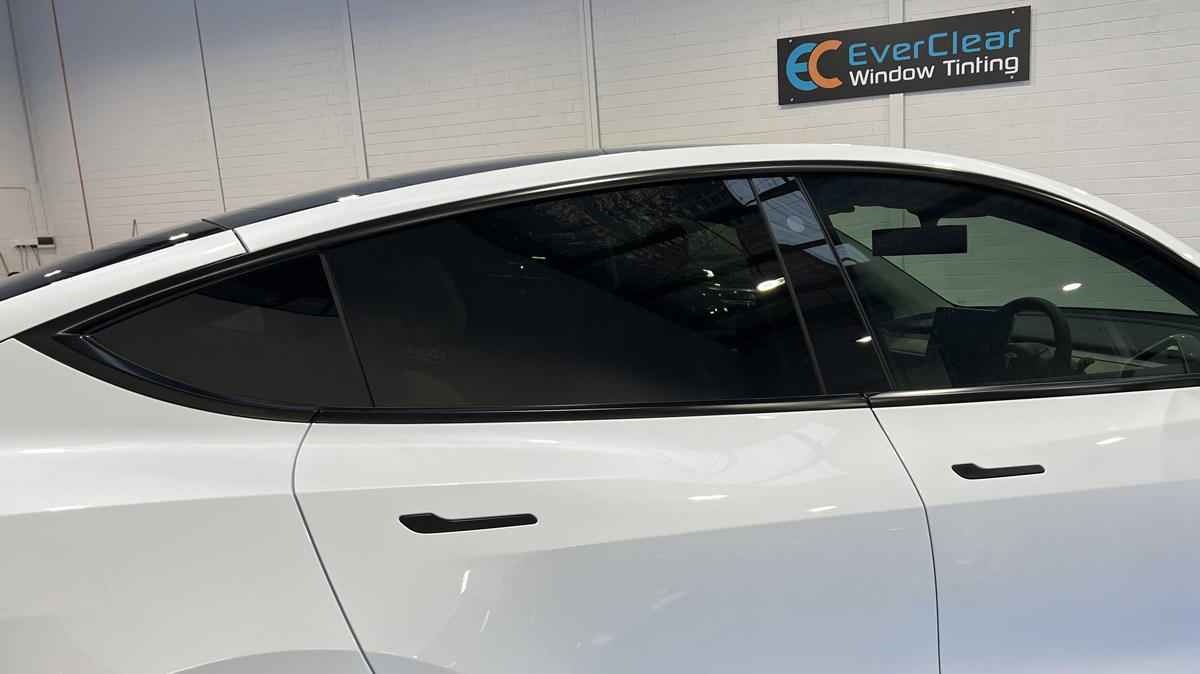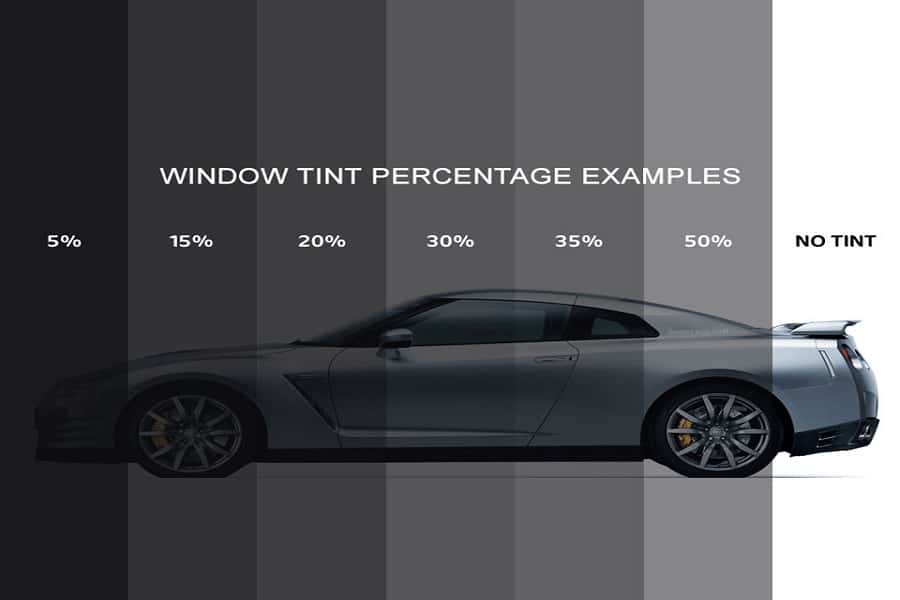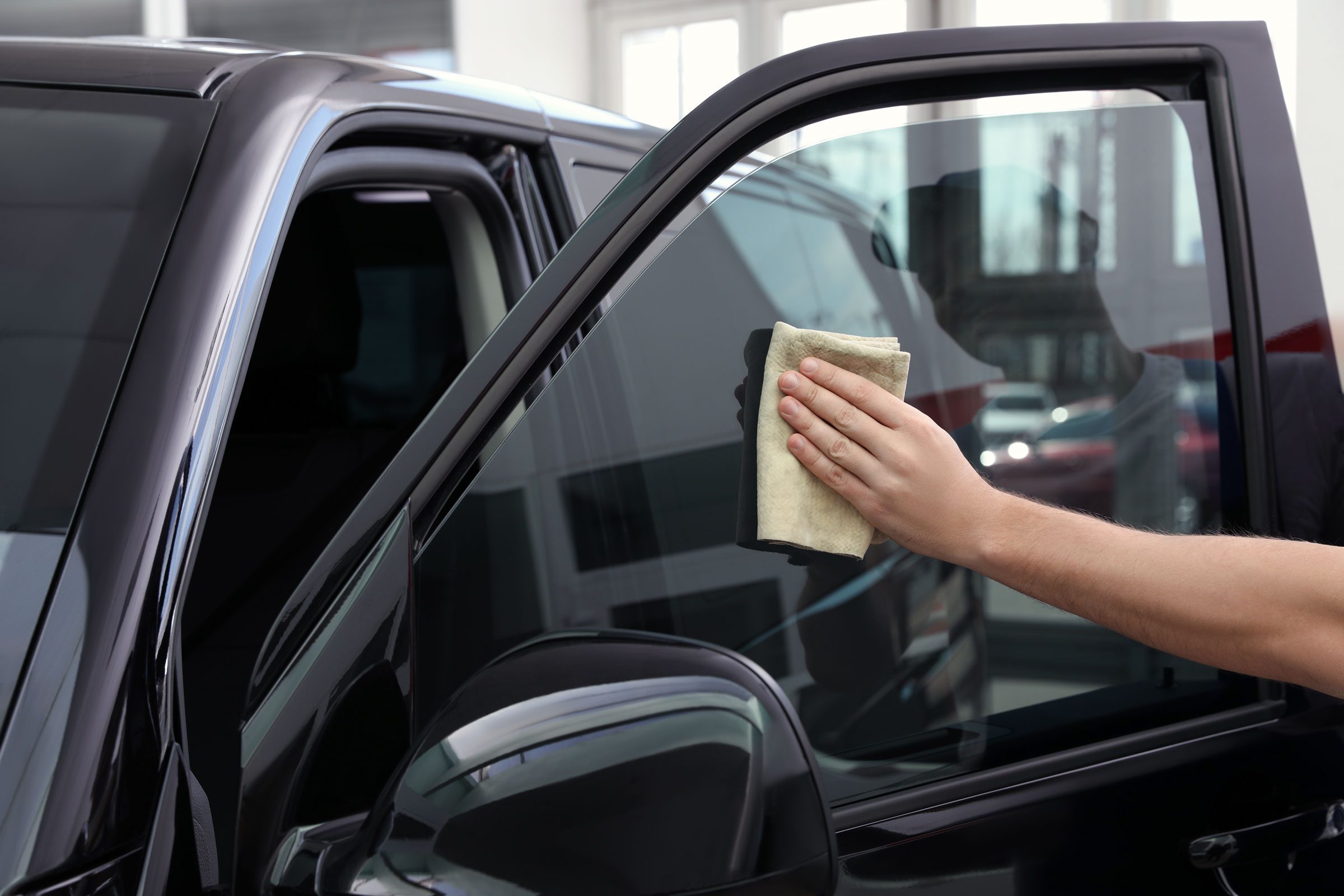Leading Reasons to Choose Professional Vehicle Window Tinting Providers
Leading Reasons to Choose Professional Vehicle Window Tinting Providers
Blog Article
Window Tinting Rules and Standards: What You Required to Know Prior To Tinting Your Cars And Truck
Before continuing with home window tinting for your vehicle, it is crucial to familiarize on your own with the varied regulations and guidelines that regulate this practice across different states. These guidelines dictate the acceptable degrees of color darkness, usually determined by noticeable light transmission (VLT) portions, and consist of certain terms for front windshields focused on ensuring roadway safety. In addition, certain jurisdictions might use medical exceptions for individuals with qualifying conditions. Understanding these intricacies can save you from possible lawful ramifications, yet what are the details regulations in your state?
Review of Window Tinting Laws
Window tinting laws are often based on variation throughout different territories, reflecting regional policies and security considerations. These laws determine the allowable levels of color darkness and reflectiveness on automobile home windows, ensuring that chauffeurs maintain adequate visibility while likewise shielding versus dangerous UV rays and warm.
A lot of guidelines categorize home window tinting based on the Visible Light Transmission (VLT) portion, which shows the quantity of light that can travel through the home window. Normally, lower VLT portions symbolize darker tints. Regulations commonly differentiate in between the front, side, and rear windows, with stricter constraints put on the front windscreen to improve safety and security for both the vehicle driver and various other road users.
Compliance with window tinting regulations is important, as violations can result in fines, mandatory elimination of the tint, and potential boosts in insurance coverage costs. It is vital for car proprietors to acquaint themselves with neighborhood legislations before proceeding with window tinting setups.
State-by-State Color Rules
Recognizing the certain window tinting regulations in each state is vital for vehicle proprietors looking for to adhere to the regulation. Each state in the U.S. has actually developed its own set of policies governing home window tinting, which can differ considerably. These policies usually dictate the allowed degrees of tint darkness, the sorts of windows that can be tinted, and any kind of clinical exceptions that might use.
For example, states like California have strict constraints on color darkness for front home windows, while others, such as New Mexico, might enable darker colors. Furthermore, particular states mandate specific presence portions for different windows, consisting of the windscreen, front side home windows, and back windows. It is essential for cars and truck proprietors to acquaint themselves with their state's legislations to stay clear of potential fines or penalties.
Moreover, some states might call for a qualification sticker to be put on tinted windows, suggesting conformity with state laws. Failing to comply with these regulations not just risks legal consequences however can also impact safety and security and visibility while driving. Lorry proprietors must conduct detailed research study or consult regional authorities to make certain full understanding and compliance with state-by-state color policies.
Allowed Tint Kinds and levels
Numerous vehicle owners might be shocked to find out that enabled color levels and kinds vary widely across different states. Each state has actually established its very own laws concerning the allowable darkness and reflectivity of home window color, commonly determined by Visible Light Transmission (VLT) portions. VLT refers to the you could try here quantity of light that can travel through the colored windows; therefore, a lower percentage suggests a darker color.

In addition, the types of tint materials permitted can differ, with some states forbiding mirror-like or metallic surfaces. It is vital for automobile proprietors to familiarize themselves with their state's details regulations to guarantee conformity. Non-compliance can cause fines, necessary removal of the tint, or various other lawful effects, making it crucial to understand these regulations before waging installation.
Medical Exemptions for Tinting
While not all states offer allocations for clinical exemptions relating to window tinting, those that do acknowledge the requirement for particular people to enhance presence and comfort because of clinical conditions. Numerous clinical problems, such as lupus, skin cancer, and certain eye problems, can make individuals especially conscious sunshine. These individuals might need darker colors to protect themselves from hazardous UV rays and glare.

It is necessary to note that despite having a clinical exemption, there might still be limitations on the degree of tint permitted. Compliance with state regulations makes certain that individuals are both safeguarded and within lawful restrictions. Those considering medical exemptions should contact their neighborhood Division of Electric motor Cars or equivalent authority to understand the treatments and demands needed to make an application for an exemption successfully.
Charges for Non-Compliance
Falling short to abide by window tinting laws can cause considerable charges, which differ by state. Law enforcement firms are equipped to issue citations for find out here now cars that do not comply with the defined tinting policies. These fines commonly include penalties, which can range from moderate total up to several hundred bucks, depending on the seriousness of the violation and the state concerned.
In some jurisdictions, duplicated offenses may result in intensifying penalties or additional charges, such as required court looks. Non-compliance may demand the removal of illegal tinting, frequently at the owner's expense. In extreme situations, regular culprits might deal with suspension of their car enrollment until conformity is achieved.
Additionally, insurance policy implications might arise from getting multiple citations for home window tint offenses. Insurance providers might view such offenses as an indicator of riskier behavior, possibly causing increased premiums or difficulty in coverage.
To prevent these fines, it is crucial for vehicle proprietors to familiarize themselves with their neighborhood home window tinting legislations and guarantee that their automobile complies (Window Tinting). This aggressive technique not just stays clear of lawful ramifications yet additionally advertises roadway safety
Verdict

Many laws identify window tinting based on the Visible Light Transmission (VLT) portion, which indicates the quantity of light that can pass with the home window. Conformity with window tinting guidelines is essential, as infractions can result in fines, required elimination of the tint, and possible rises in insurance policy premiums.Recognizing the certain home window tinting laws in each state is essential for automobile proprietors seeking to conform with the law. These guidelines commonly determine the allowed degrees of color darkness, the types of home windows that can be tinted, and any clinical exemptions that may Recommended Site apply.
For instance, states like California have stringent restrictions on tint darkness for front home windows, while others, such as New Mexico, may enable darker tints.
Report this page